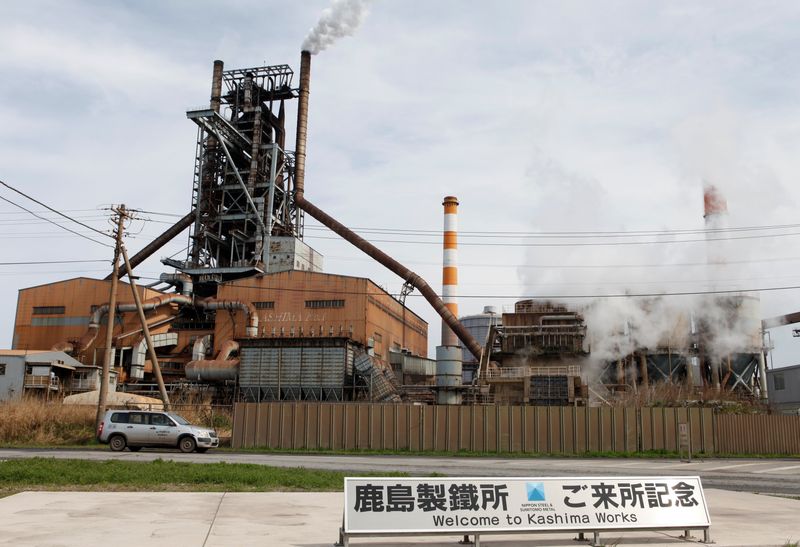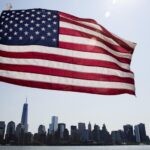TOKYO (Reuters) -One of the frontrunners to become Japan’s next premier said on Friday that any U.S. move to block Japan’s Nippon Steel from buying U.S. Steel on national security grounds would be “very unsettling” and could dent trust between the allies.
The White House is close to announcing that President Joe Biden will block the $15 billion deal, Reuters reported on Wednesday.
A letter sent to the companies, and seen by Reuters, said the takeover could hurt the supply of steel needed for critical U.S. projects and make U.S. Steel less likely to seek tariffs on foreign steel importers.
“I find what the United States is saying (about Nippon Steel) to be very unsettling, making such statements or actions that could undermine the trust of its allies,” Shigeru Ishiba, a 67-year-old former defence minister, told Reuters in an interview.
“Recently the U.S. is tending to impose deals and threats even on its allies, this is true not only with NATO countries but also now with Japan. I question whether that is really a fair approach. It is extremely important for the Japanese government to discuss these matters sincerely, earnestly, and logically.”
Ishiba is running to become the leader of Japan’s ruling Liberal Democratic Party, and by extension the next prime minister, on Sept. 27. Opinion polls consistently show him as one of the most popular candidates among the public, although the leadership vote is restricted to party members.
Another candidate vying for the top job, digital minister Taro Kono, also told Reuters in a separate interview on Friday that he “never imagined” the takeover would stoke national security concerns.
“We all believed that the U.S. has a market oriented economy and Japan and the U.S. are good allies and I didn’t see any economic or security threat involved in this takeover,” said Kono, who was in a runoff against outgoing Prime Minister Fumio Kishida in the LDP’s last leadership election in 2020.
Kono said he would raise the issue with the White House if he becomes prime minister.
“This isn’t just about the acquisition of U.S. Steel; it’s an issue that will have consequences beyond that,” he said.
‘PROTECTIONIST POLITICS’
Japan is one of the United States closest allies and its biggest foreign investor.
But Nippon Steel’s bid for the storied firm, headquartered in the key swing state of Pennsylvania, has been opposed by a powerful labour union and faced opposition from both Republicans and Democrats in the run up to November’s presidential elections.
U.S. ambassador to Japan Rahm Emanuel declined to comment on the reports on Thursday but said the relationship between the U.S. and Japan was “deeper, richer, and stronger than any single commercial transaction”. Japan’s trade minister Ken Saito also stressed the country’s strong economic relationship when asked about the deal on Friday.
But some analysts share Ishiba and Kono’s fears that a veto of the deal could dent relations.
“Blocking Nippon Steel’s bid for US Steel will undermine U.S.-Japan cooperation on national security, and put the lie to the notion of ‘ally shoring’ more generally,” said Marc Busch, Faculty Fellow at Georgetown McDonough’s Baratta Center for Global Business.




